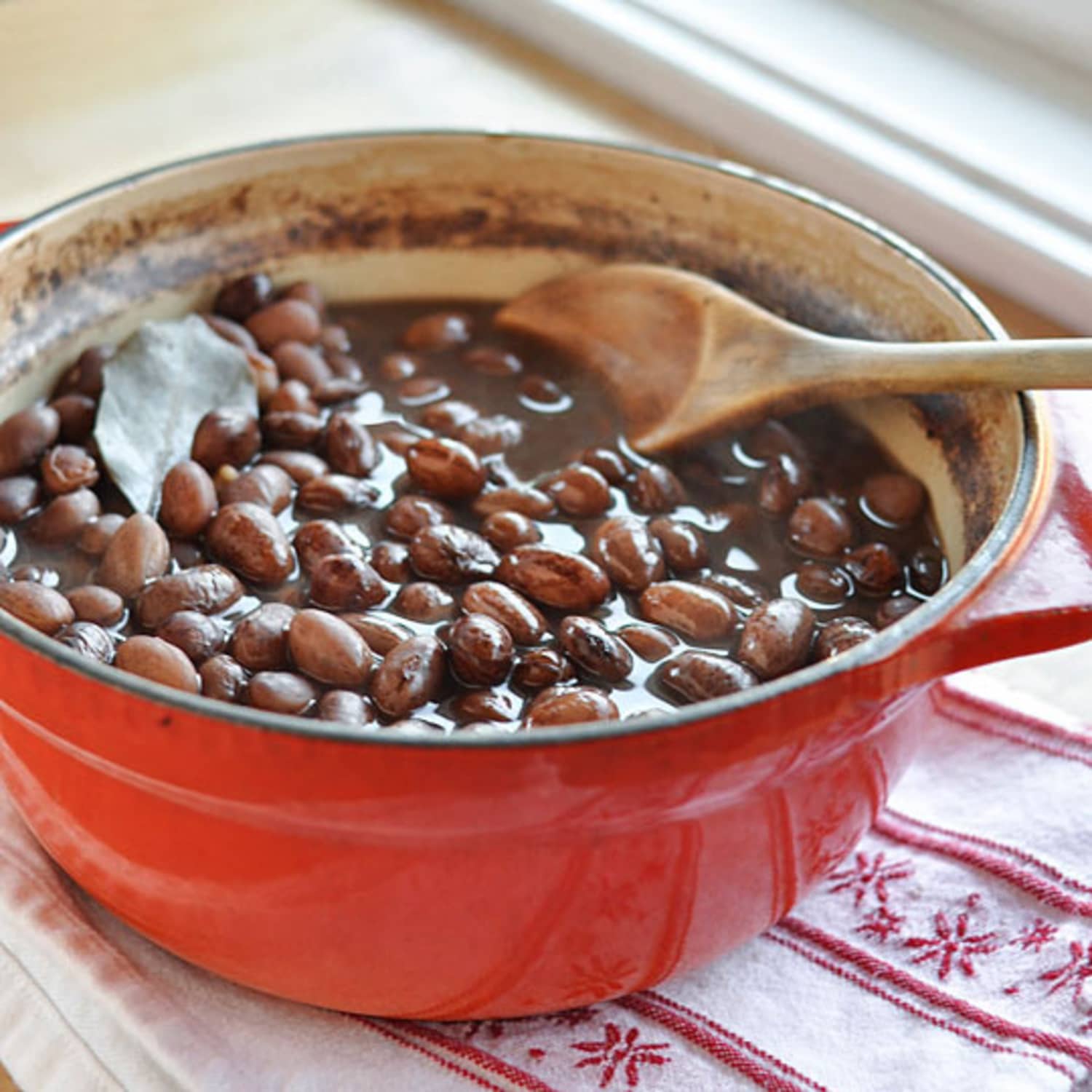I thought someone who is a better cook than me would answer this question but I'll take a stab at it before it falls off the first page.
I don't think you need to soak kidney beans or lima beans. I don't usually cook either but I have also never soaked them first. I don't think soaking them would hurt them at all. I've never heard of anyone IRL getting sick from either. but I
am aware that red kidney beans are toxic when raw.
You can just google for good cooking instructions. But since you found the internet to be unreliable I will include some tried and tested pages on the bottom.
I think you
have to cook chickpeas and it is usually a good idea to soak them first.
I'm pretty sure all beans need to be cooked. Some beans may be toxic without being cooked. Maybe soybeans can be eaten raw. Isn't that what endame is?
I'm also pretty sure that you don't
have to soak beans first. but it is usually a good idea.
For years I just bought canned beans. Then I too decided to cut costs, waste, and salt so I switched to buying raw beans in the bulk food aisle. * the issue that I had was that stovetop beans take hours and maybe the first hour or so doesn't require constant monitoring but most of the rest of the time does. And the time and attention was too much for me. Plus I never was sure when the beans were
really done.
My old crockpot has a busted cover then I had a really big crockpot that was handed down to me. the new big crockpot was taking up too much space so I gave it away and bought a little tiny one. but it was so small you had to cut recipes in half. I also had a really old rice cooker and it appeared the non stick coating was starting to come off. So I decided I could replace the crockpot and the rice cooker with an Instant Pot and use the pressure cooking setting for beans.
The Instant pot takes up more space than a rice cooker and a crockpot. And in my kitchen space is on short supply. So the IP ended up living on the counter. It's fine, tho. I use it a few times a week.
But the beautiful thing about the IP is that you can literally set it and forget it. And the beans come out perfect every time.
* I found these 4 cup plastic "jars" at the dollar store. I had the grocery store lady weigh one. Now I just take an empty one to the bulk food aisle. fill it up and pay for the contents. Right now I have a whole bunch of them lined up above the fridge. Black beans, chickpeas, peas, rice, oatmeal, sesame sticks, cashews, sunflower seeds, and almond slivers.
This foolproof technique results in, creamy, tender beans at home.

www.thekitchn.com


